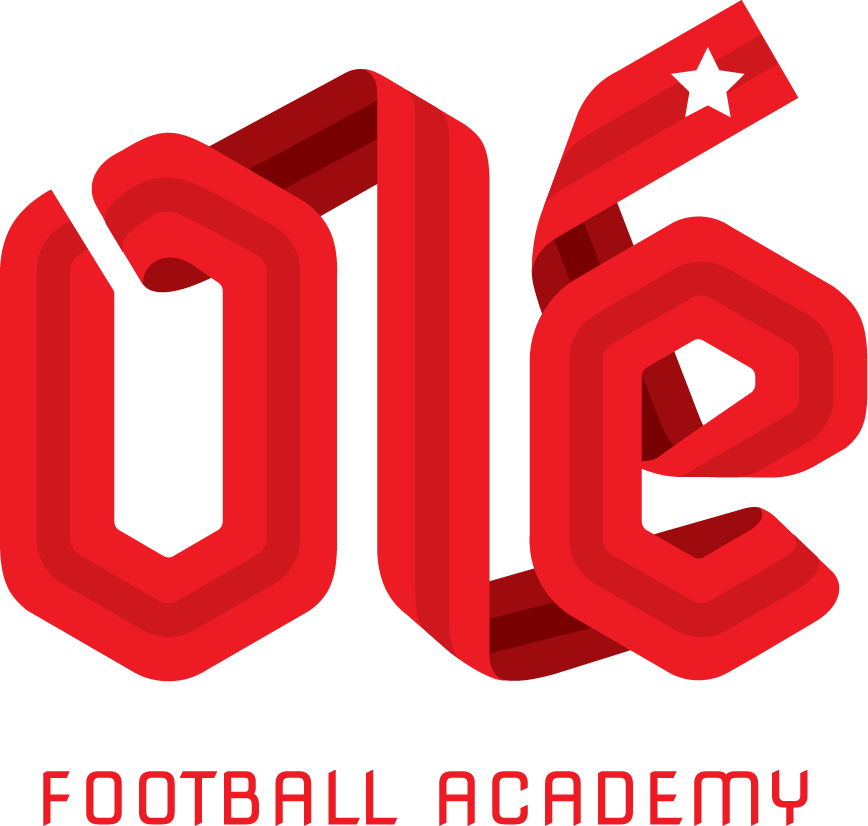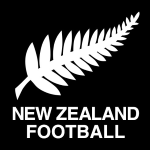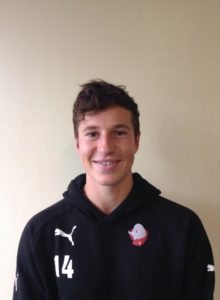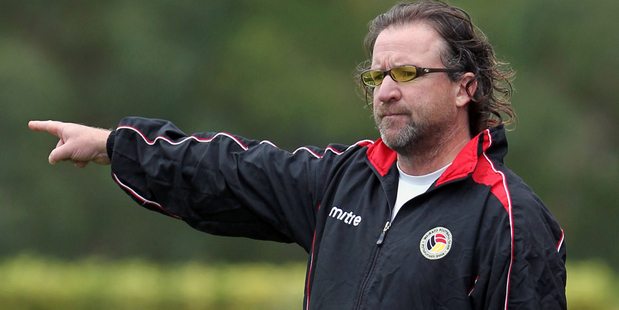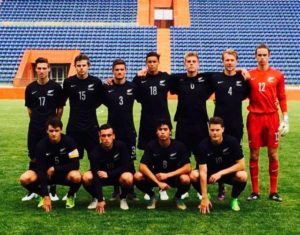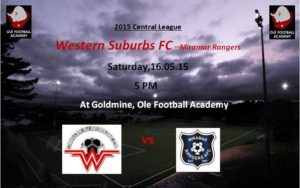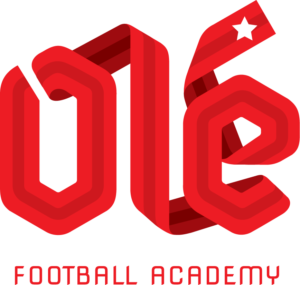
Olé Football Academy
Founded: 1997, in its current form for the past five years
Who’s in charge: Declan Edge (technical director), Ben Sippola (CEO) Dave Wilson (chairman)
Club association (highest level): Western Suburbs (Central League and under-17 Capital league), Team Wellington (National Youth League, as coaches and half the players)
Based: At their own facility in Porirua
Players: 175, from under-9 to first-team, who are mainly under-20s (not including girls programme or grassroots)
Cost: U9-U10 $850 for winter club season; U11-U12 $1050; U13-U17 $1350; Young Ole Academy $3000-$7000 (including placement at university or professional opportunity); live on-site (currently 12 kids) $10,000-$15,000. Summer programme for younger ones, running five months counter to the club season, costs between $600-$900 a player. Kit also has to be bought at $175 each
What do you get for that: Depending on age, 4-6 days of football per week. The top groups have five days of training, a game and a day off.
Scholarships: Yes. Mix of full and partial
How many coaches: Nine. Five fulltime, two apprentice, two part-time
Can the kids play for school: No
Girls programme: In development. It began in term two, 2017, with 21 girls from Wellington (ages 12-14)
Recruitment: Yes, with an emphasis on those within a 50km radius
The Olé Way
They are the benchmark for football development in New Zealand. Few, if any, organisation or club can match them for long-term development of players, with recent high-profile graduates including Ryan Thomas, Tyler Boyd (Edge’s Hamilton project) and Tyler Lissette, and more than 30 others currently placed at United States universities. Edge has been there for five years, but has honed his process over a long period of time. They produce some of the most technically gifted footballers in the New Zealand age-group ranks, despite not getting what they would describe as “blue-chip”, or best, recruits. That’s done through a long-term commitment to developing each player.
Every player at the academy has a clear understanding of the playing style and the skills they are there to develop. Scoring and results are secondary to development across all the age-groups, including up to the Central League team. But this year they are finding success, sitting atop the Central League, four points clear with five games to go. And they’ve done it with a team of predominantly New Zealand players aged under 20.
While the Ole experience is overwhelmingly positive, there are two main critiques levelled at their system: intensity and rigidity.
There was a concern from some Ole parents that the intensity levels were too much for some of the younger kids. The training can be tough. It works for the talented kids, but you do have to contemplate how the lesser-skilled kids, the ones among the 168 who aren’t going to make it at any level in football, feel during training.
There is also a rigidity to the way they operate. Again, there has been great success in developing technical footballers, but all teams play 4-3-3 in the exact same way. When the players head off to national youth teams, it can be a challenge to adapt to different systems they haven’t experienced.
How Olé sees the New Zealand football development landscape
Edge has got offside with a few people in the small New Zealand football community for his outspoken nature. Some of his comments coming up might enhance that reputation, but it’s important to remember he does so from a place of wanting to see the game grow.
The main points of note from the 90-minute interview with Edge and Ole chief executive Ben Sippola were a frustration at what they believed to be mismanagement of the youth space from the governing body, a belief Ole does something no-one else can and genuine optimism that with fundamental changes world-class Kiwi players can be developed in New Zealand.
Although those changes wouldn’t come easy, Sippola said.
“If you really understand what a fundamental transformation is, that’s from a caterpillar crawling to a butterfly flying. It’s an entirely different organism. So how do you become an entirely different organism? You have to take what you currently have, obliterate it and create a void in which new things can come in and new ideas and real education.”
The idea would be to “create a vacuum in NZF where new ideas and philosophies can be implemented and explored collaboratively through the coaching network”, Sippola said.
One of Edge’s ideas is to stop going to age-group World Cups until New Zealand can actually be competitive. The New Zealand under-20s made the round of 16 at their World Cup this year, but did so with long-ball football and lost 6-0 to the United States in their knockout match.
“We have to say we’re not a developed [football] country, we’re not that good, but if you have a look at some of the short-term stuff, we have under-20s players who have gone to more World Cups than Pele. That’s a fact. That’s bulls***,” Edge said.
“So what does that player start thinking? What do the people at the top start thinking? This attitude of ‘well we’re really good, we’ve just come out of our group, why should we change anything?’. If you really understand the football player, you’d say well actually we’re not very good. The way we play the game is not very good, it’s not very attractive, there’s not a lot of stuff going on, but we have to admit that first. Then everybody at New Zealand Football who has been in that cycle has to get out. They’re tainted with this we’re doing OK, we’re not too bad, and there needs to be this huge revolution in New Zealand Football to change everything and take everything back to the trainer first, to develop the players to develop the teams and there needs to be a system that is suited for the New Zealand player.”
Edge said there was no reason why New Zealand couldn’t have a football revolution like Iceland, who started one in 2000 which has seen them rise from a low of 132nd in the world in 2012 to 22nd this year after a quarterfinal showing at Euro 2016.
But it’s not about copying what they did, as New Zealand needs a system developed specifically for the New Zealand player, Edge said.
“In Iceland it’s very simple. It’s got nothing to do with the size of the population. It’s all over the shop here, everybody is an expert, with no practical experience of doing it. That’s what we’re saying about the academies, people are claiming they can do lots of good stuff. Prove it. New Zealand Football prove it.”
![]()
This week-long series examines football development in New Zealand and asks some of Wellington’s prominent coaches to give their take on it. In Sunday’s part one, Liam Hyslop asks why can’t we be like Iceland?
Monday’s part two takes Liam Hyslop to Olé Football Academy in Porirua (as above). For the full article, click here.
